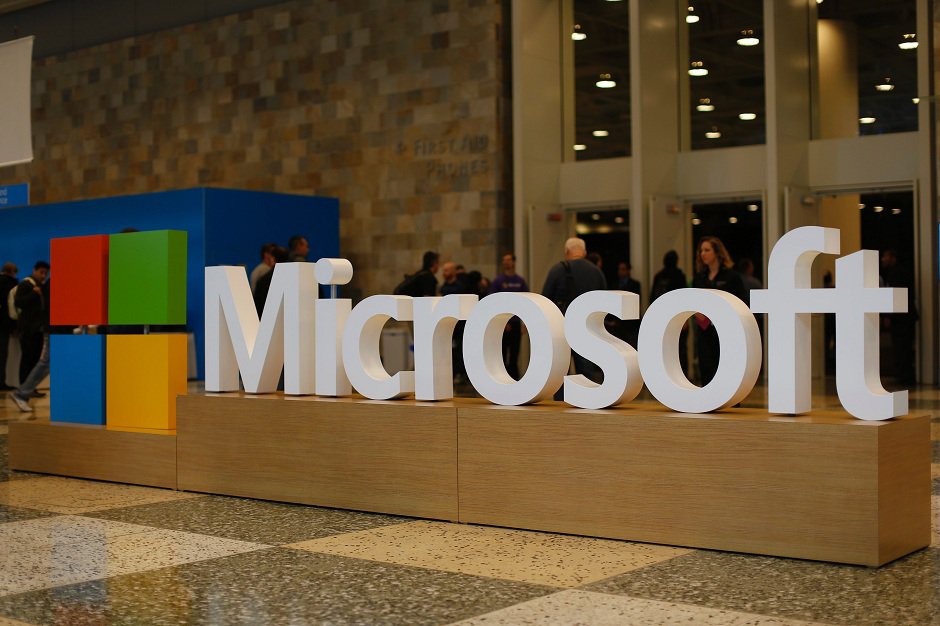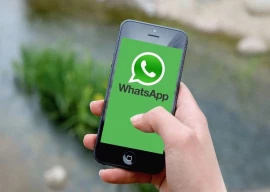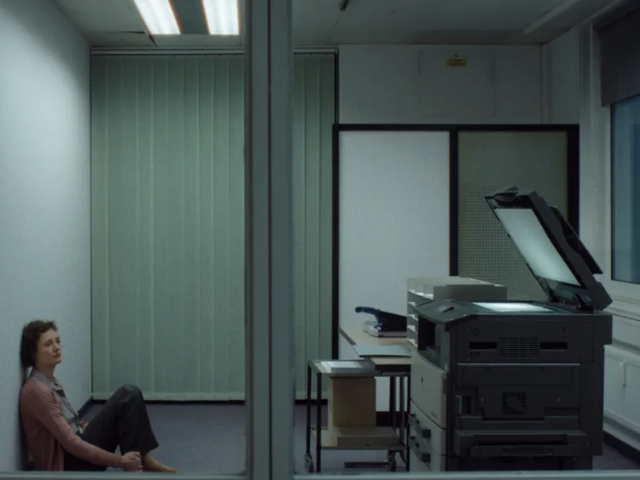
At the start of its annual Build Conference, Microsoft sought to showcase applications with artificial intelligence that could tap into services in the internet "cloud" and even take advantage of computing power in nearby machines.
Nadella spent time on stage at the Seattle conference stressing a need to build trust in technology, saying new applications must avoid dystopian futures feared by some.
Nadella's presentation included images from George Orwell's "1984" and Aldous Huxley's "Brave New World" to underscore the issue of responsibility of those creating new technologies.
"What Orwell prophesied in '1984,' where technology was being used to monitor, control, dictate, or what Huxley imagined we may do just by distracting ourselves without any meaning or purpose -- neither of these futures is something that we want," he said.
Microsoft Windows can be hacked with a single unread email: Google
"The future of computing is going to be defined by the choices that you as developers make and the impact of those choices on the world."
There is much discussion in the tech world about what AI will mean for society, especially since it is quickly driving change that could eliminate jobs, with applications such as self-driving trucks or "bots" which take over many skilled functions.
"What happens to lower-level, blue-collar jobs that might be impacted?" Gartner research director of app design and development Jason Wong ask rhetorically.
"That is part of the dystopia that can occur because of the abruptness of AI; in less than a generation we will be seeing things like driverless cars."
Microsoft is infusing all of its products and services with AI, and enabling those who develop on its platform to imbue creations with customized capabilities, according to executive vice president of artificial intelligence and research Harry Shum.
"We've been creating the building blocks for the current wave of AI breakthroughs for more than two decades," Shum said.
Microsoft Windows can be hacked with a single unread email: Google
Microsoft research has gone deep into areas such as machine learning, speech recognition, and enabling machines to recognize what they "see."
"Now, we're in the unique position of being able to use those decades of research breakthroughs," Shum said.
Microsoft rivals including Amazon, Apple, Google and IBM have all been aggressively pursing the promise and potential of artificial intelligence.
Artificial intelligence is getting a foothold in people's homes, with personal assistants answering questions and controlling connected devices such as appliances or light bulbs.
Digital assistants already boast features such as reminding people of appointments entered into calendars and chiming in with advice to set out early if traffic is challenging.
Microsoft's aim on Wednesday was on businesses and software developers, whether they be students building mobile games or professional technology teams.
"Microsoft is trying to use AI for businesses to solve business problems and app developers to make applications better," said Moor Insights and Strategy principal analyst Patrick Moorhead.
Microsoft aims to make artificial intelligence mainstream
"Which is different from Amazon, Facebook, and Google whose primary business model is to mine personal information using AI to sell you things or put ads in front of you."
Microsoft is taking a unique approach by letting developers customize gesture commands, voice recognition and more instead of making them conform to settings in "off-the-shelf" AI, according to the analyst.
Microsoft executives used demonstrations to depict a near future in which artificial intelligence hosted online works with internet linked devices such as construction site cameras to alert workers of dangers, available tools, or unauthorized activities.
Devices like smart surveillance cameras, smartphones, or factory floor machines were referred to as "edge computing," with the coordination of cloud power and intelligent edge devices improving productivity and safety on the ground.
Nadella also told developers that some 500 million devices now run on Microsoft's latest Windows 10 operating system, creating a huge audience for their software creations.
Microsoft's online Office 365 service has some 100 million commercial users monthly, while its Cortana digital assistant is used by 140 million people monthly.
"The future is a smart cloud," Nadella said, predicting that mobile devices will take back seats to digital assistants that follow people from device to device.
"It is a pretty amazing world you can create using intelligent cloud and intelligent edge."







1732866359-0/BeFunk_§_]__-(71)1732866359-0.jpg)
1726644416-0/TikTok-(2)1726644416-0-270x192.webp)








COMMENTS
Comments are moderated and generally will be posted if they are on-topic and not abusive.
For more information, please see our Comments FAQ